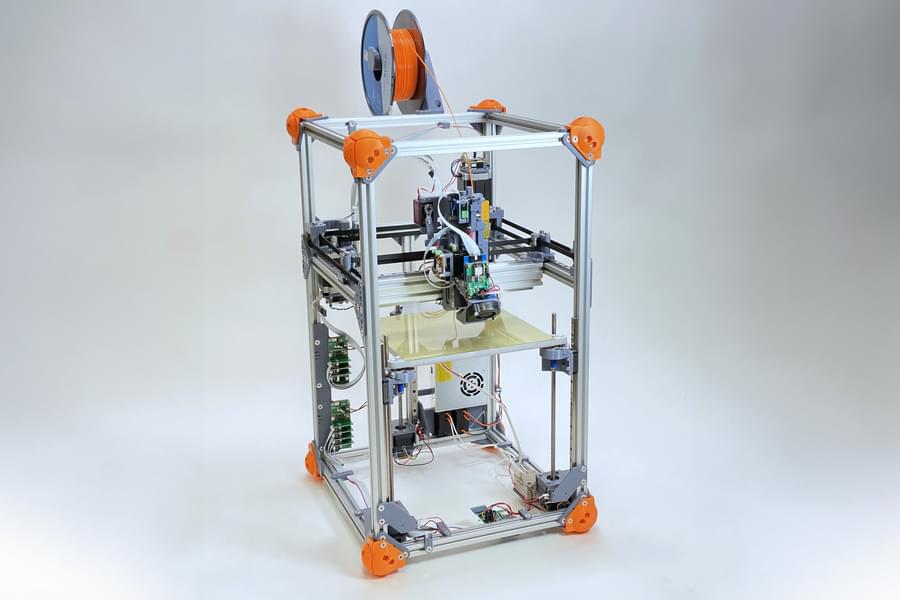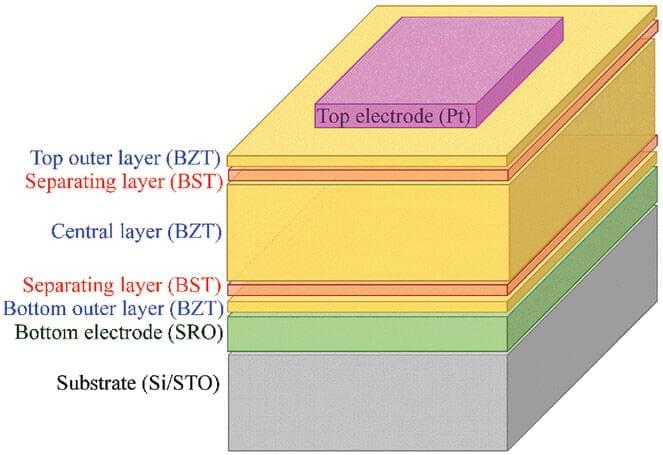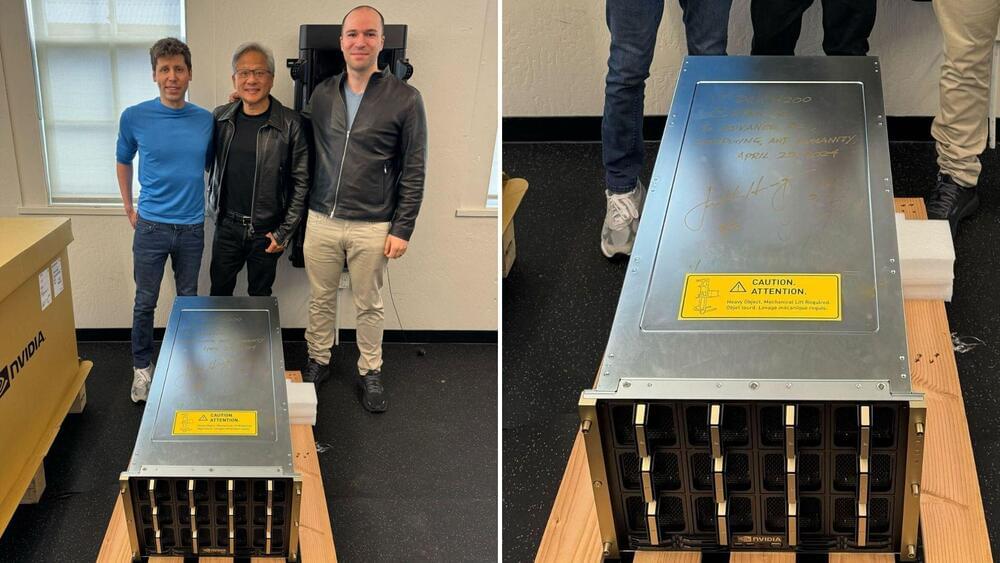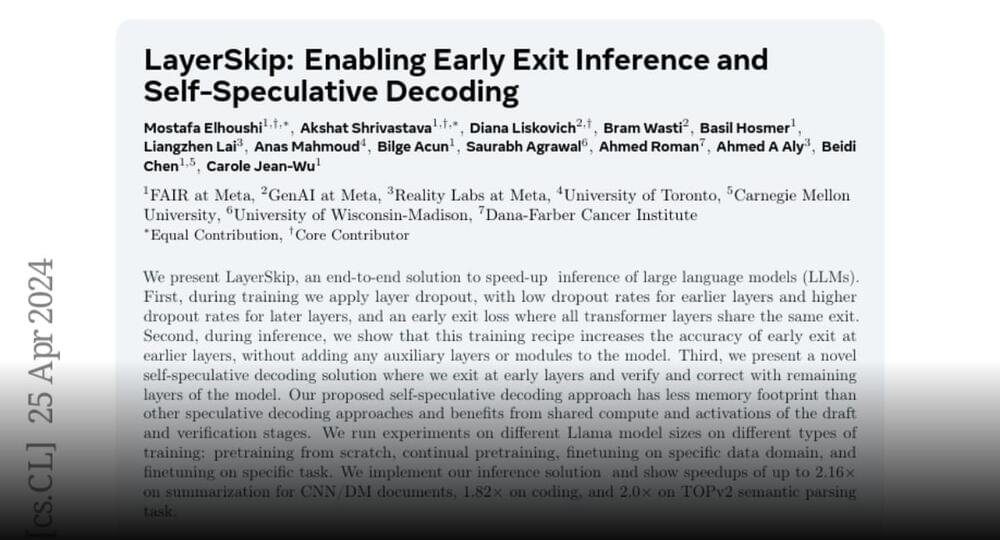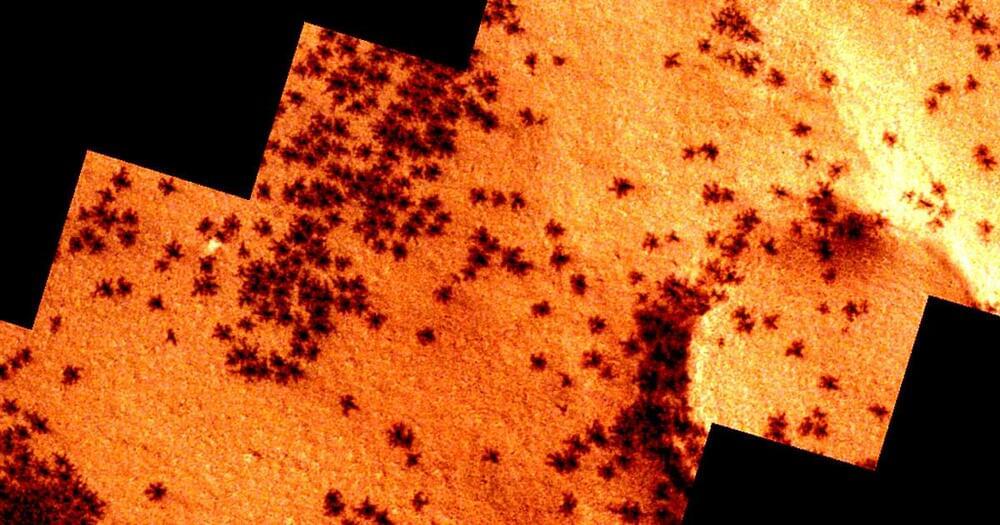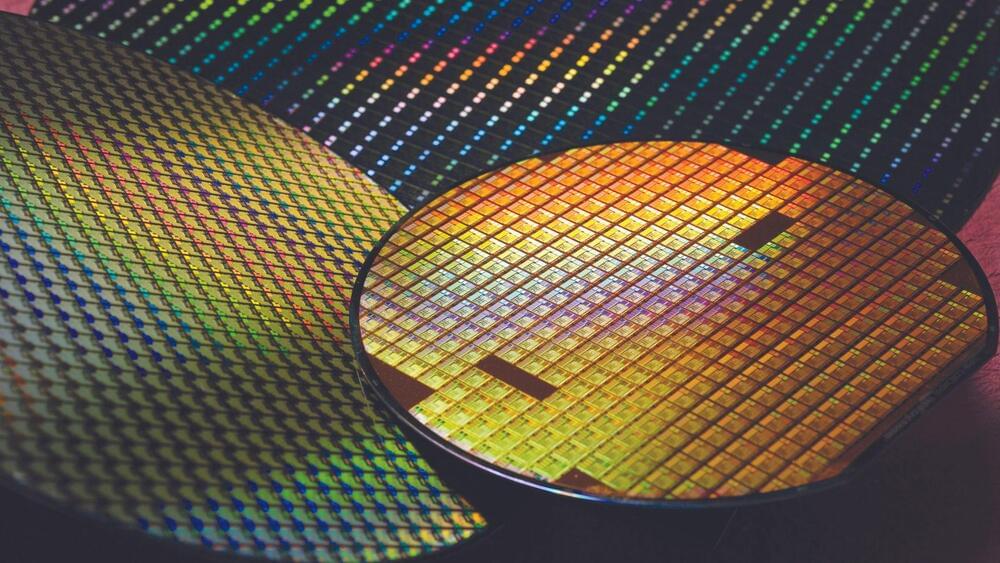Apr 26, 2024
Researchers Enable Detection of Remarkable Gravitational-Wave Signal
Posted by Natalie Chan in categories: cosmology, physics
Researchers from the University of Portsmouth’s Institute of Cosmology and Gravitation (ICG) have helped to detect a remarkable gravitational-wave signal, which could hold the key to solving a cosmic mystery.
The discovery is from the latest set of results announced by the LIGO-Virgo-KAGRA collaboration, which comprises more than 1,600 scientists from around the world, including members of the ICG, that seeks to detect gravitational waves and use them for exploration of fundamentals of science.
In May 2023, shortly after the start of the fourth LIGO-Virgo-KAGRA observing run, the LIGO Livingston detector in Louisiana, U.S., observed a gravitational-wave signal from the collision of what is most likely a neutron star with a compact object that is 2.5 to 4.5 times the mass of our sun.


